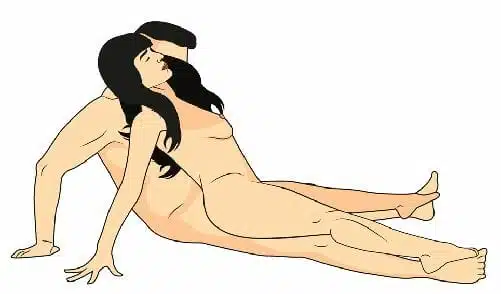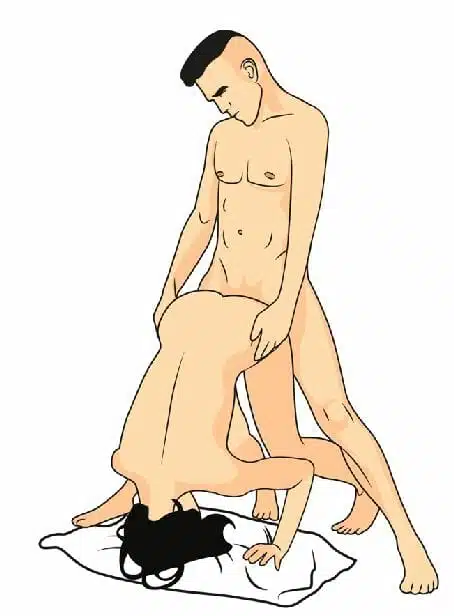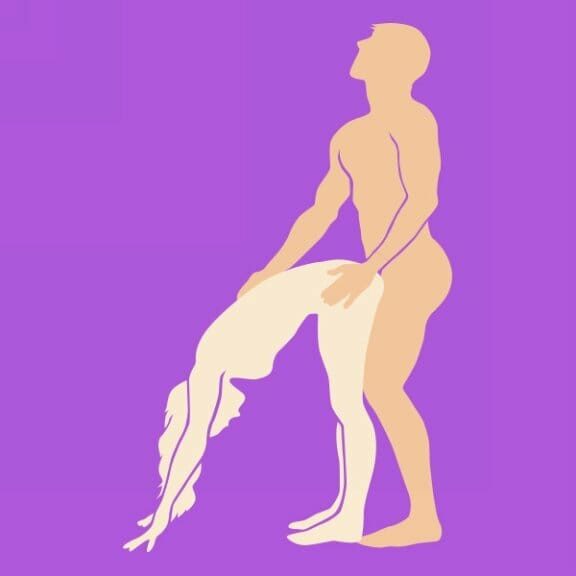Starting to have sex after a vasectomy can be exciting, but you may have some questions. It’s important to know how this permanent birth control method can affect your sexual health. Understanding this can help you feel more confident. We will look at what happens right after the surgery. We will also discuss what to consider when you feel ready to be intimate again. This guide aims to clear up any myths and give you the facts about sex after a vasectomy.

Sex After Vasectomy
Key Highlights
- Find out how a vasectomy can affect your sexual function and desire.
- Learn about the recovery process and how to handle pain after a vasectomy.
- Know when it’s okay to start having sexual activity again after the procedure.
- Get the facts to clear up myths about vasectomy and its impact on orgasm.
- Discover the long-term effects of a vasectomy and what it means for your sexual health.
Understanding Vasectomy and Sexual Function
Vasectomy is a type of permanent birth control. It works by cutting or blocking the vas deferens. This prevents sperm from leaving the body during ejaculation. There are two types of vasectomies: incision vasectomy and no-scalpel vasectomy. This procedure does not change hormone levels, including testosterone, so your sex drive remains the same. It is essential to know that while a vasectomy stops pregnancy, it does not protect against sexually transmitted infections. The main purpose of this method is contraception. It stops sperm flow but keeps sexual function and pleasure during ejaculation the same.
Defining Vasectomy: A Permanent Birth Control Method
Vasectomy is a permanent birth control method. It is a good choice for effective birth control. The procedure cuts or blocks the ends of the vas deferens. This stops sperm from mixing with semen. The surgery is quick and done with local anesthesia. It has a low failure rate, which means it works well. By stopping sperm from flowing, it ensures that semen is free of sperm during sexual intercourse. This makes vasectomy a reliable option for contraception for anyone wanting a permanent solution.
How Vasectomy Affects Sexual Hormones and Libido
Vasectomy usually does not change your sexual hormones or your desire. The vasectomy procedure cuts and seals the vas deferens. This tube carries the sperm. A vasectomy does not stop the testes from making hormones like testosterone. So, your sexual desire and performance often remain the same. Research shows that libido and sexual function do not change much after a vasectomy. It is important to talk to a healthcare provider about how a vasectomy may affect your sexual health. Keeping track of any changes and discussing your concerns with a doctor can make you feel more secure and get good advice.
The Immediate Aftermath of a Vasectomy
After a vasectomy, you might feel some swelling and discomfort at the incision site. You can use ice packs and take over-the-counter pain relief to feel better. It’s important to stay away from hard activities and to follow the care instructions after your surgery. You will probably need regular check-ups and a semen analysis to see if the procedure was successful. If you have any concerns, talk to your healthcare provider. Be patient and give your body enough time to heal.
Recovery Timeline: What to Expect in the First Week
In the first week after a vasectomy, you may feel some swelling and discomfort in your scrotum. These are normal side effects. You might see bruising around the incision site and feel some pain. You can often relieve this pain with over-the-counter medicine like ibuprofen. It’s important to wear good supportive underwear and use ice packs to help reduce swelling. Also, try to stay away from heavy activities and make sure to get enough rest. If you feel a lot of swelling or strong pain, or notice any signs of infection, contact your healthcare provider immediately for help.
Managing Pain and Discomfort: Tips and Tricks
Applying an ice pack to the scrotum can help reduce swelling after a vasectomy. Wearing supportive underwear can make you feel comfortable and reduce discomfort during recovery. You can take ibuprofen for pain, just as your healthcare provider advises. It’s important to avoid hard activities and give your body enough time to heal. If you feel any strong or lasting pain, be sure to contact a doctor right away.
Resuming Sexual Activity Post-Vasectomy
Resuming sexual activity after a vasectomy is vital for your recovery. You should wait for at least one week before having sexual intercourse. This time helps your body heal properly. Even if you notice some sperm when ejaculating at first, a semen analysis is needed to see if you are sterile. This step is necessary before you stop using other methods of birth control. A vasectomy does not affect your sexual function. It is a good choice for permanent birth control and works well compared to other methods. Always talk with your healthcare provider to get advice on when you can start sexual activity again.
How Long to Wait Before Having Sex
It’s best to wait about a week after a vasectomy before going back to sexual activity. This waiting time helps the area of the incision heal well. It’s important due to the stitches used in the surgery. A longer wait can reduce the risk of complications. Your healthcare provider can give you advice based on how you feel and how well you recover. It’s important to talk with your healthcare provider about what is best for you. If you jump back into sexual activity too soon, you might feel discomfort, which can slow your healing. Take care of yourself and follow the suggested rest period.
Changes in Sexual Experience and Ejaculation
Sexual experiences after a vasectomy are mostly similar. Men can still ejaculate during orgasm. Some may feel a bit more sensation or pleasure. The amount of semen might be less because it does not contain sperm, but this does not affect pleasure. Any changes in texture or amount are generally small. Orgasms feel the same too, and most people still enjoy sex. It is normal to see slight changes in semen consistency, including the quality of the semen sample, but these are usually not a concern.
Myths vs. Facts About Vasectomy and Sex Life
Debunking myths about vasectomy and sexual life is very important. Many people wrongly think that having a vasectomy changes sexual function or pleasure. In fact, it only stops sperm from mixing with semen. The enjoyment of orgasm remains the same after the procedure. Another common myth is that a vasectomy leads to a higher risk of heart disease or chronic pain, like testicular pain or prostate problems. There isn’t a lot of evidence to support this idea. Knowing the facts about vasectomy can help reduce concerns. This understanding can lead to better decisions about sexual activity and birth control.
Debunking Common Misconceptions
Many people do not understand what a vasectomy is and how it affects sex. Some think that it changes their sex drive or hormones, but that is incorrect. A vasectomy only stops sperm from being released when a man ejaculates. He can still produce normal semen. A vasectomy will not cause impotence or reduce pleasure during sex. Understanding these facts can help clear up misunderstandings. This can help people make better choices about their reproductive health. It is important to talk to a healthcare provider to discuss any worries and get the right information about vasectomy and sexual activity.
The Truth About Vasectomy and Orgasm Intensity
During a vasectomy, men can feel orgasms like they did before. This means they can feel the same pleasure and strength during orgasm. A man does not need to ejaculate to feel this pleasure. Even after the surgery, men can still ejaculate because an erection and an orgasm use different muscles. A vasectomy only stops sperm from being released. It is a good form of birth control and does not change the enjoyment of sex.
Conclusion
It’s important to know that it takes time to return to sexual activity after a vasectomy. There are many myths about this, but your sexual performance can still be normal after the procedure. If you follow the aftercare instructions and discuss your concerns with your doctor during a consultation, you can handle the changes easily. A vasectomy is a good option for permanent birth control and usually causes little discomfort. Learning the real facts about a vasectomy and sexual activity can help clear up any worries you might have had. Make smart choices based on the right information, and you can still enjoy a great sex life after your vasectomy.
Frequently Asked Questions
Does a vasectomy affect testosterone levels?
Vasectomy does not change testosterone levels. This surgery only blocks the tubes that carry sperm. The testicles still make testosterone, and this is not changed by the vasectomy. Because of this, hormone levels, like testosterone, remain normal after the surgery.
Can a vasectomy be reversed if I change my mind?
Vasectomy reversal can happen, but it may not always work. Your chances of getting fertile again depend on several things. These are how long it has been since your vasectomy and your overall health. It is smart to speak with a urologist for advice that fits your needs.
Is it possible for a vasectomy to fail?
Vasectomy failure is rare, but it can happen. A few reasons for this include not having the right tests after the surgery or the vas deferens reconnecting on its own. Knowing how the procedure works and going to your follow-up appointments can help find any problems early.













